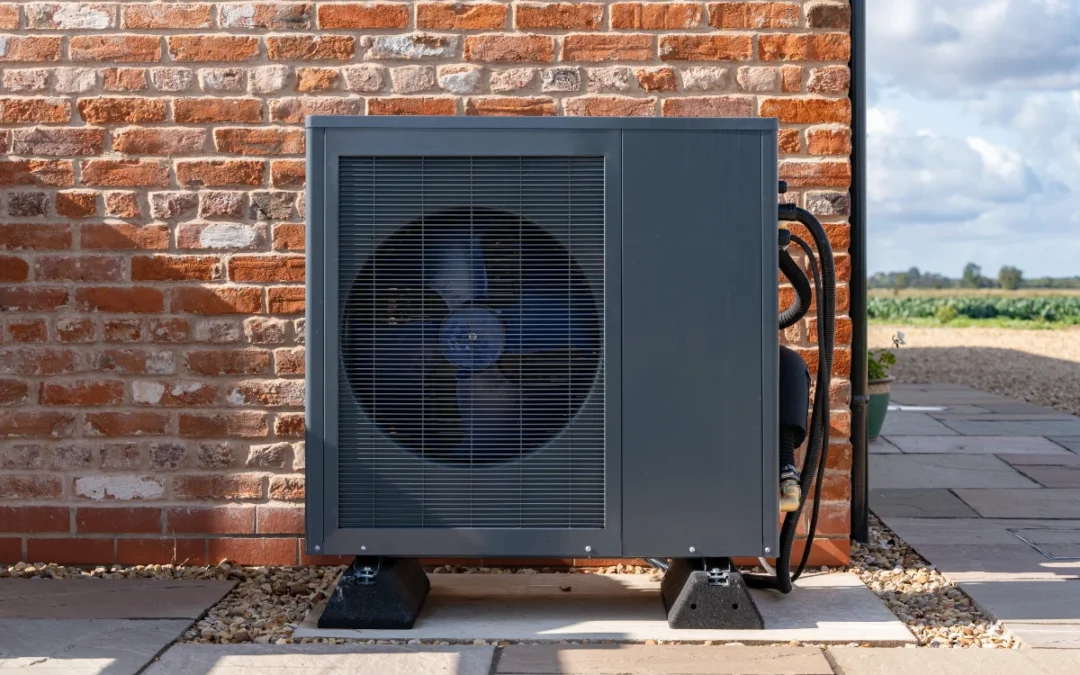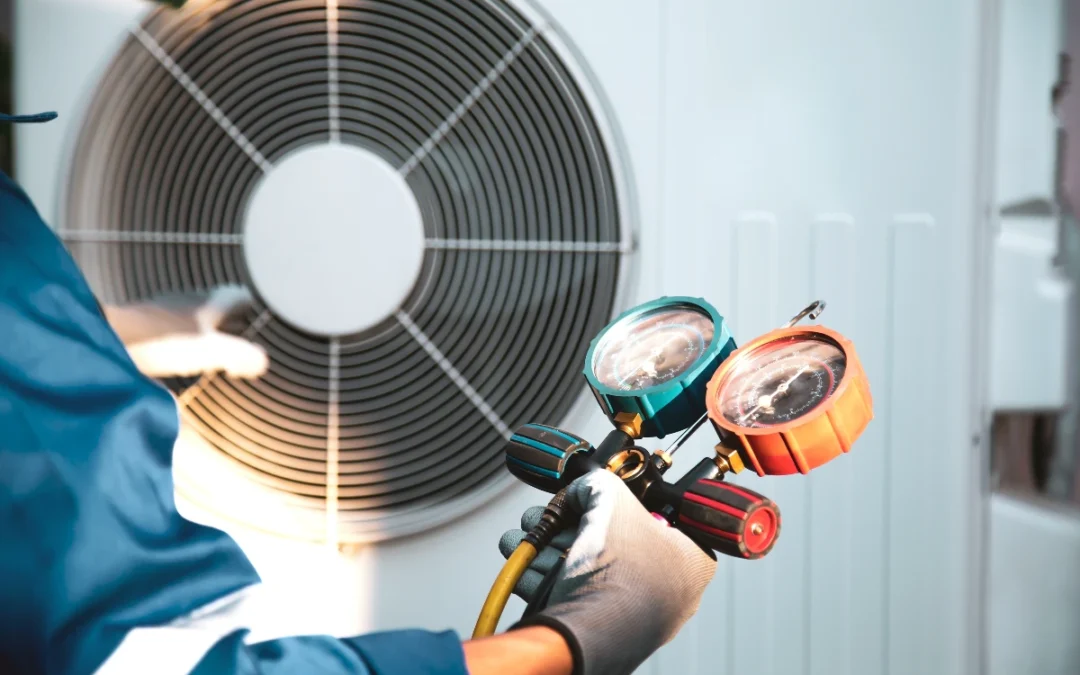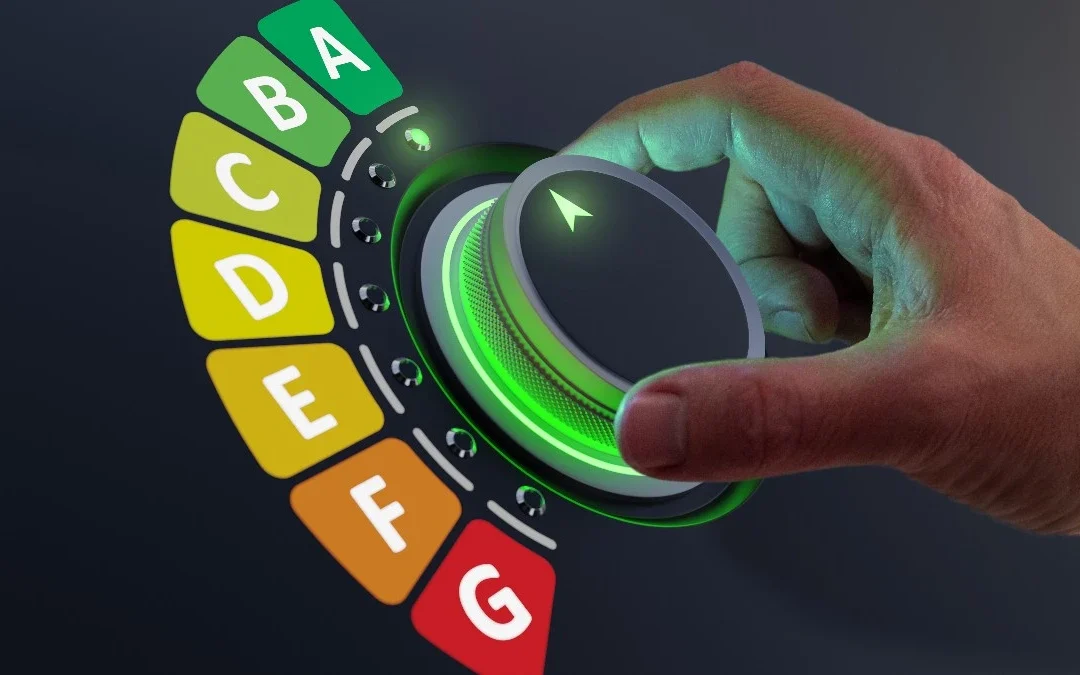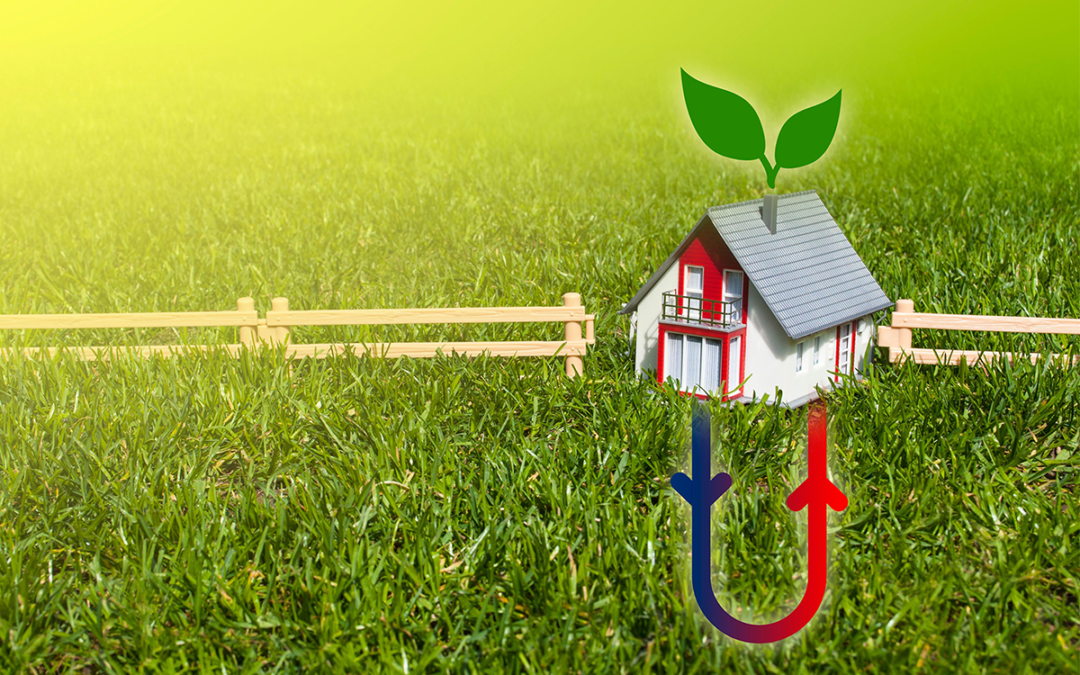
Mar 15, 2025 | Sustainable Energy
As experts in sustainable and high-performance home heating systems, we speak with an increasing number of homeowners interested in an air-source heat pump. This is often because their existing boiler needs replacing or has reached a stage where it simply isn’t...

Feb 10, 2025 | Sustainable Energy
There is a lot to be said for the cost-savings, energy efficiency, and low-carbon appeal of a heat pump, with most homeowners opting for a compact air-source heat pump rather than a larger ground-source heat pump. While both are great options, the latter is only...

Apr 29, 2024 | Sustainable Energy
Thousands of homeowners across the UK are keen to find better ways to manage their energy demands, with a growing interest in sustainable construction, energy efficiency, heating retention and low-carbon technology. With an increasing range of sustainable energy...

Mar 24, 2022 | Construction, Sustainable Energy
There’s no escaping soaring energy prices, increasing living costs, and the fact that our properties are becoming ever-more expensive to heat, cool and run. Ground and air source heat pumps have been around for a decade, and are coming into their own as...





